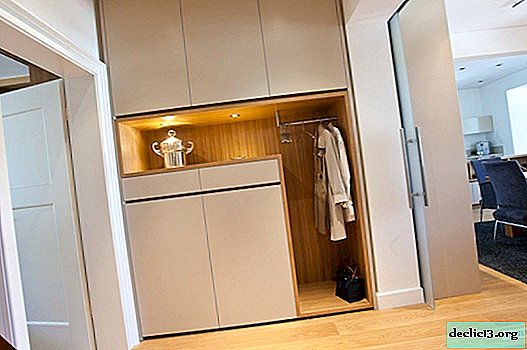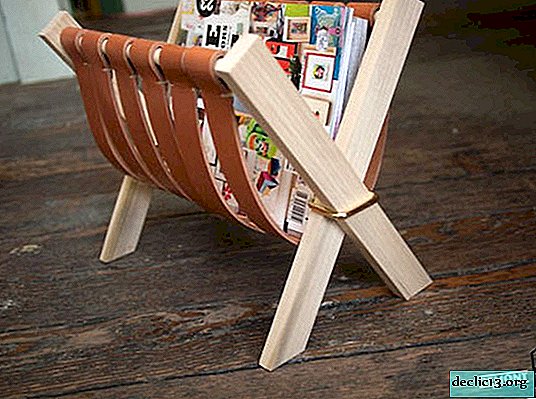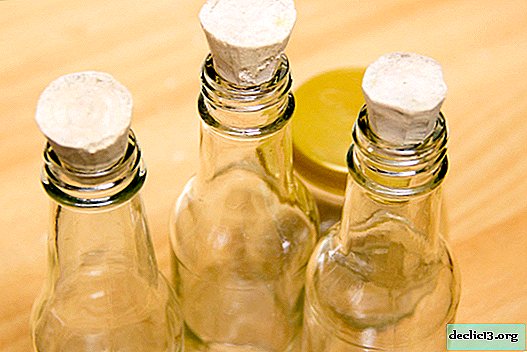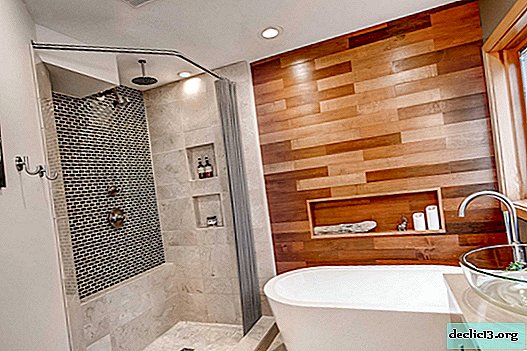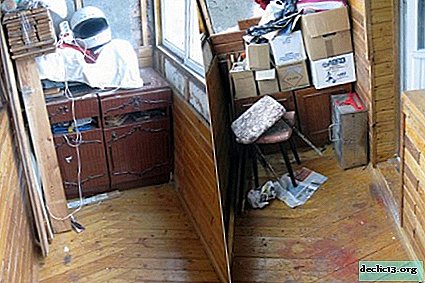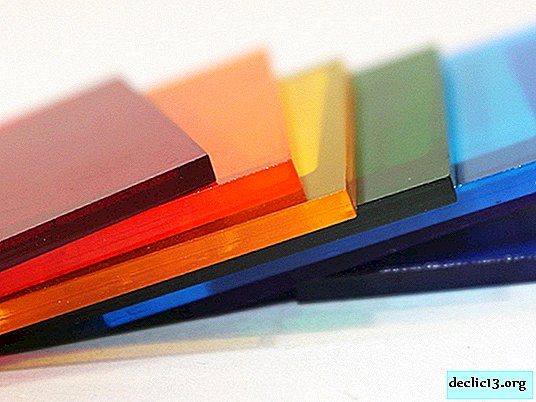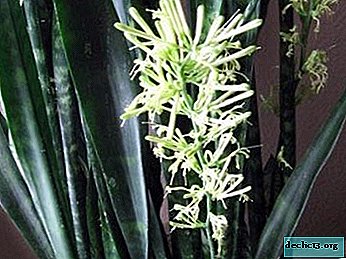Polypropylene or Copper
Polypropylene pipes used for heating systems incorporate fibers or aluminum inserts that prevent shape changes at high temperatures and become an active barrier against oxygen diffusion that develops in the system. In pipes for cold water and drains, there are no such inserts. For floor heating systems, experts recommend the use of polypropylene pipes, because they are thicker and better withstand the pressure of the concrete base. Copper pipes must be insulated to avoid overheating and accidental burns.
Of course, if you use polypropylene pipes for an external heating system, they are aesthetically inferior to copper pipes, especially in the connecting elements and joints. Therefore, if polypropylene is selected, it is necessary to use special masks for the pipeline, which will increase the aesthetic component of the heating system.
As for financial expenses for two identical plants: one of copper and the other of polypropylene, the first will be 20 percent more expensive. To this it is necessary to add additional costs for materials used for copper smelting: paste, tin, gas. From the point of view of efficiency, polypropylene has an advantage because it is characterized by a low heat transfer coefficient. In the case of copper, this ratio can only be increased by imposing serious isolation. In addition, polypropylene is resistant to chemical corrosion that occurs when cleaning a central heating system. Unlike copper, in the chambers of which steam is formed, thereby oxidizing it, polypropylene avoided this phenomenon.
Material benefits
Polypropylene pipes, in recent years, are the most used for plumbing, because they have many advantages:
Polypropylene Benefits
- do not require additional insulation;
- have minimal heat loss;
- easy to install;
- do not require special maintenance;
- aesthetic appearance;
- if it is necessary to replace the plumbing at home, it is proved that polypropylene pipes are the most optimal solution to the problem.
Advantages of copper pipes:
- absolutely impervious to harmful substances;
- copper is not active to chlorine, it is very important for tap water, which in small quantities contains chlorine.
- unlike plastic pipes, copper does not deteriorate when exposed to sunlight;
- copper pipes have an unusually high service life. With existing technologies, plastic is still inferior to the quality of copper pipes.



